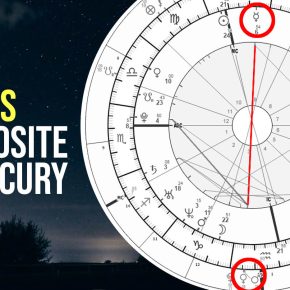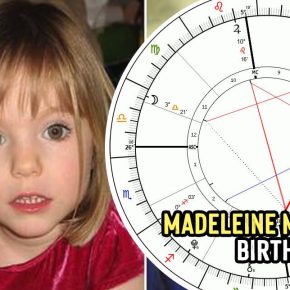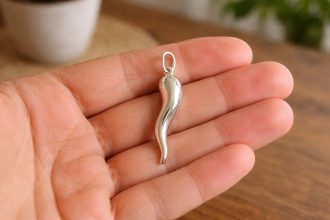Every so often, a newborn surprises everyone by showing up with teeth already in place. These “natal teeth” appear in about 1 in every 2,000 births, making them rare but not unheard of. For most parents, it’s startling, tiny gums aren’t supposed to flash pearly whites so soon.
Over centuries, though, this unusual sight has gathered layers of meaning. Some cultures call it lucky, others whisper warnings, but nearly all agree: a baby born with teeth is not an ordinary child.
Spiritual Meaning: An Old Soul
In spiritual traditions, a baby born with teeth is often seen as a mark of an old soul. The belief goes that these babies have lived through many lifetimes already, gathering lessons, wisdom, and memory that they now carry into their new body. The teeth act almost like a signature of maturity, an outward sign of a soul that has been here before.
These children are often imagined as arriving with heightened awareness, sharper intuition, or unusual sensitivity. Stories whisper of babies with natal teeth who grow into natural healers, visionaries, or deeply empathetic individuals, connected to currents most people overlook. Some traditions even say they carry gifts, the ability to sense energies, see patterns, or move through life with a wisdom beyond their years.
Instead of being viewed as fragile newcomers, they are cast as spiritual veterans: souls who have already traveled long roads and now step back into the world prepared, grounded, and ready to leave their mark. Their presence often feels charged, as if they were born not only to live a life, but to influence and shift the lives around them.
Superstitions Around the World
Eastern Traditions
In many parts of Asia, natal teeth are celebrated as omens of greatness. In old Chinese beliefs, such children were thought destined for leadership or fame, their teeth a signal of strength and ambition that would carry them through life. In Malaysia, babies born with teeth were said to have a “second sight” or special intuition, marking them as protectors or guides.
Western Folklore
The West, historically, was less kind. In medieval Europe, superstition often turned rare births into sources of fear. A baby with teeth could be branded as cursed, even linked with werewolves or vampires. Without medical knowledge, families sometimes reacted with cruelty, believing the child carried danger rather than potential.
Native American Beliefs
Among the Pueblo people, natal teeth were regarded with reverence. A child born this way was believed to hold immense spiritual power, with the potential to grow into a healer, seer, or leader. Instead of fear, the birth was treated as a blessing, an announcement that someone extraordinary had entered the community.
Teeth as Symbols
Teeth themselves have long symbolized strength, survival, and transformation. To have them at birth twists that symbol: a newborn already equipped with tools for biting, eating, or defending. Spiritually, it can be read as a sign of readiness, as if the child is born already one step ahead.
For some families, the teeth suggest resilience, that this baby won’t move quietly through life but will bite down and make their mark. For others, they suggest burden, that wisdom or power arrived too early. Either way, teeth at birth rarely leave people indifferent.
Final Thoughts
A baby born with teeth is rare enough to stir wonder, worry, or even awe. Throughout history, people have seen it as everything from a blessing of strength to a troubling omen, or as proof of a spirit that has lived many lives before.
If your little one happens to be among these rare births, there’s no reason to fear outdated superstitions. Instead, it can be viewed as a reminder that some souls arrive carrying more than others: wisdom, resilience, or simply a sense of presence that feels larger than their tiny frame.
Natal teeth may be explained by biology, but the symbolism they’ve gathered across centuries lingers: an early sign that this is a life that will not pass quietly, a child meant to leave an impression from the very first moment.












